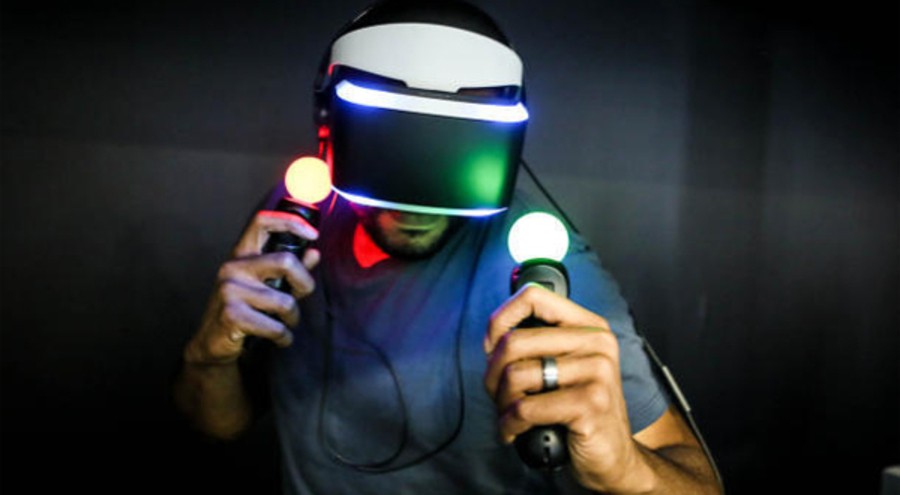
Sony’s virtual reality headset Project Morpheus may not be releasing this year, but it’s clear that the platform holder considers the PlayStation 4 peripheral to be a pivotal part of its future. Speaking with Eurogamer.net, research and development deity Anton Mikhailov explained that the firm expects to be in the space for a long time – and it doesn’t consider its next generation console’s fixed specifications to interfere with that aspiration.
“We're in this for the long haul first of all,” the PlayStation Move maker said. “One thing that people forget is that what they've seen from the PS4 so far have been the launch titles – if you look at the difference in quality between the PS3 launch and the PS3 end of lifecycle, the quality difference is massive. The advantage of fixed hardware is, while it doesn't revise every year, developers continuously find new tricks to employ because it is a fixed platform.”
Mikhailov was responding to the idea that PC-based headset Oculus Rift will have the advantage of advancing hardware – but he was quick to point out that a couple of Project Morpheus' demos are already working well on PS4 consoles. “The Castle and The Deep, those are running on the PS4,” he said. “I think that you can get a sense of what's possible with the PS4 with The Deep and The Castle, both of which are running at 60 frames-per-second – and actually higher than 1080p in some cases.”
While neither demo is especially dense, The Castle allows you to use two PlayStation Move controllers to snatch up swords and chop up a mannequin, while The Deep sees you using flares to keep fish away from your underwater tank. However, while Mikhailov believes that games will be the focus for the technology at first, he also thinks that there will be other advantages for virtual reality in the future – and many of these are part of the platform holder’s vision.
“The talk was more focused on how virtual reality is a medium that's exciting not just for games, and that's going to help its adoption,” he concluded. “I think that we're going to push in some of those areas – not necessarily all of them – and even non-gaming apps can go on PlayStation.” Don’t be surprised if the technology doesn’t find its way into schools and museums in the future, then. If the firm really is in this for long haul, then the sky’s the limit.
Image Credit: CBS Interactive
[source eurogamer.net]





Comments 4
anyone heard anything of zindagi games and ps4?
So are they supporting it for the long haul like the Move, which still works on PS4 but there aren't really any games for it outside of the free Playroom (which I think is one more than the X1 Kinect has), or are they supporting it like their 3D display, which seems to have gone away along w/ 3D supported games on the PS4?
I'm not expecting it to be packed in w/ PS5. There are only so many FP games in the world, and swimming w/ shark sims are still a limited novelty. See Hasbro's My3D or iPod Touch, which came w/ 7 games and the promise of more, but no more ever came.
I'd love a Stormtrooper helmet with a Morpheus inside. Maybe they could actually license it too hah
@rjejr I guess it depends how popular it is...
Leave A Comment
Hold on there, you need to login to post a comment...